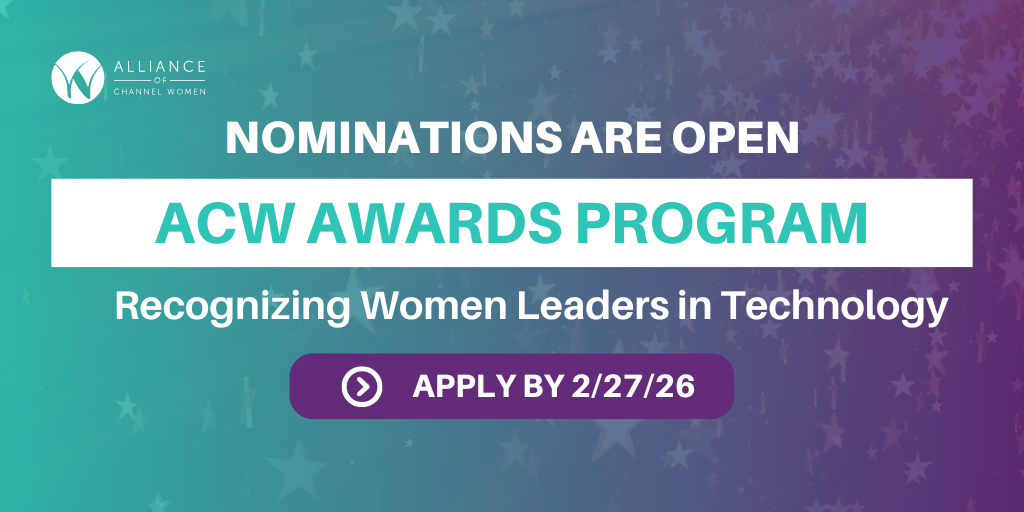Trust is such a tricky thing and it is especially tricky in this day and age. Sadly, we live in a world where almost daily we hear stories of leaders who have stepped out of line and in doing so betrayed the trust of others. The fallout of these betrayals is not small. It continues to reverberate loud and strong long after the initial breach.
When trust is broken, we can become more cautious, skeptical and even cynical. It is like losing our ground and not know where we can safely stand.
During my years of studying coaching and leadership development one of my teachers taught that, “Trust is the collateral of all positive relationships” and it is only through positive relationships that we can get good work done.” I regret that I can’t give credit to this esteemed teacher, but the words have stayed with me over the years.
Trust can be a slippery slope. It can take time and numerous actions to build, and yet it can vanish in a split second. Yet, as organizational leaders, to do our jobs well, we must become skilled in cultivating this important piece of “collateral” as well as learn how to sustain this trust over time.
I continue to explore to deepen my understanding of trust building. I have found the following Harvard Business Review article helpful as it outlines three key elements to building trust. I hope you find it useful and welcome any insights you may have on this important subject.
Read the full article, The 3 Elements of Trust, on Harvard Business Review.
About Cheryl Shapero
Cheryl Shapero has over twenty years’ experience as an educator, senior consultant and executive coach.
Ms. Shapero is a Master Certified Coach through the International Coach Federation, the highest designation in the field of coaching.
Ms. Shapero is also an adjunct faculty member at Georgetown University’s McDonough School of Business. In this capacity, she works with Washington DC Public and Charter School principals enrolled in the Executive Masters in Leadership.
Prior to joining the Achieve Unite team, Ms. Shapero was an executive at the Maryland University of Integrative Health, where she founded and directed the Masters of Arts in Health and Wellness Coaching and was the Chief Diversity Officer.
When working with clients, Ms. Shapero utilizes a positive, growth-oriented approach to help others make sustainable change both at the individual and organizational level in ways that impact the bottom line of their organizations. Her client’s state that they have been challenged, supported, inspired and more able to see new perspectives and take on new endeavors.


